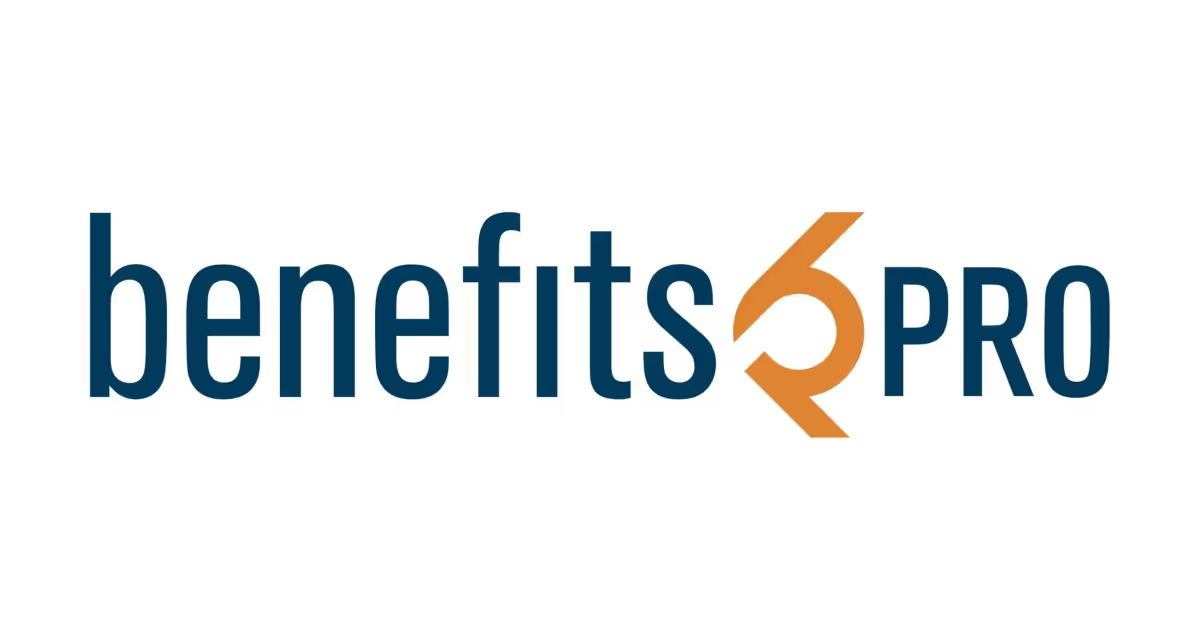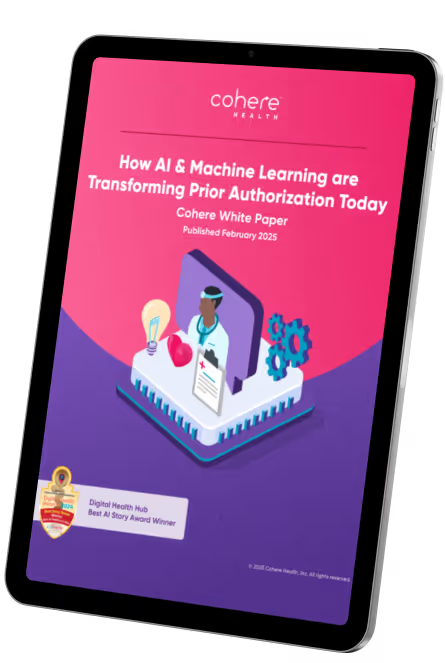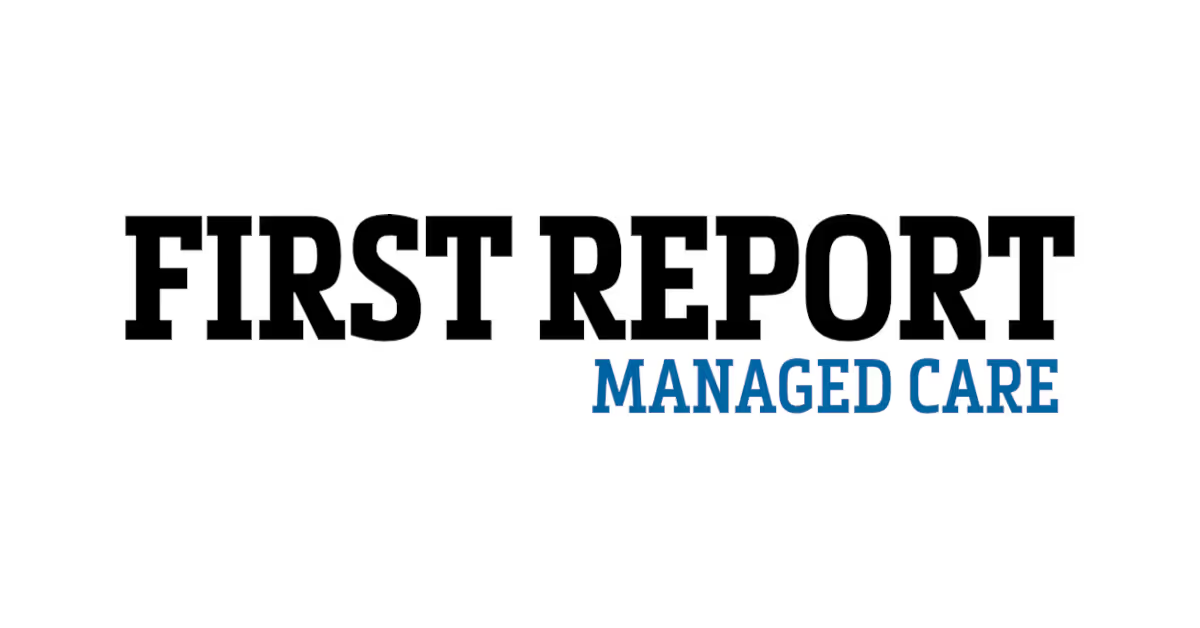Closing the AI gap: How intelligent prior authorization is transforming healthcare
Published:
September 19, 2024

Automating and optimizing the prior authorization process with intelligent technology closes the AI adoption gap, delivers ROI for health plans, significantly enhances care quality, and reduces the administrative burden for providers.
Health plans are facing growing economic pressure due to rising utilization of medical services and escalating health care costs. These challenges are compounded by a significant lag in adopting AI technology, which has left health plans struggling to optimize utilization management (UM) and achieve necessary spending targets. A recent McKinsey report found that the artificial intelligence (AI) adoption gap is costing health plans up to 25% in potential administrative savings—representing billions of dollars left on the table. Beyond financial losses, this gap in adopting AI hinders the ability to leverage the technology to improve patient outcomes.
Written by

Traci
Granston M.D.
Dr. Granston serves as the Senior Vice President and Senior Medical Director of Clinical Strategy for Musculoskeletal at Cohere Health. She is an orthopedic surgeon based in Washington who specializes in hand surgery and practiced at Proliance Orthopedic Surgeons for 22 years. She attended medical school at Vanderbilt University. She completed her residency in Orthopedic Surgery at Case Western Reserve University School of Medicine and a Hand and Microvascular Fellowship at University of Washington School of Medicine. Dr. Granston earned her executive M.B.A. from the University of Washington Foster School of Business. She is currently a fellow of AAOS, and also serves on a cabinet at Vanderbilt University School of Medicine dedicated to raising capital for students who may struggle with affording tuition.
Stay ahead with expert insights on transforming utilization management and payment integrity—delivered straight to your inbox.




